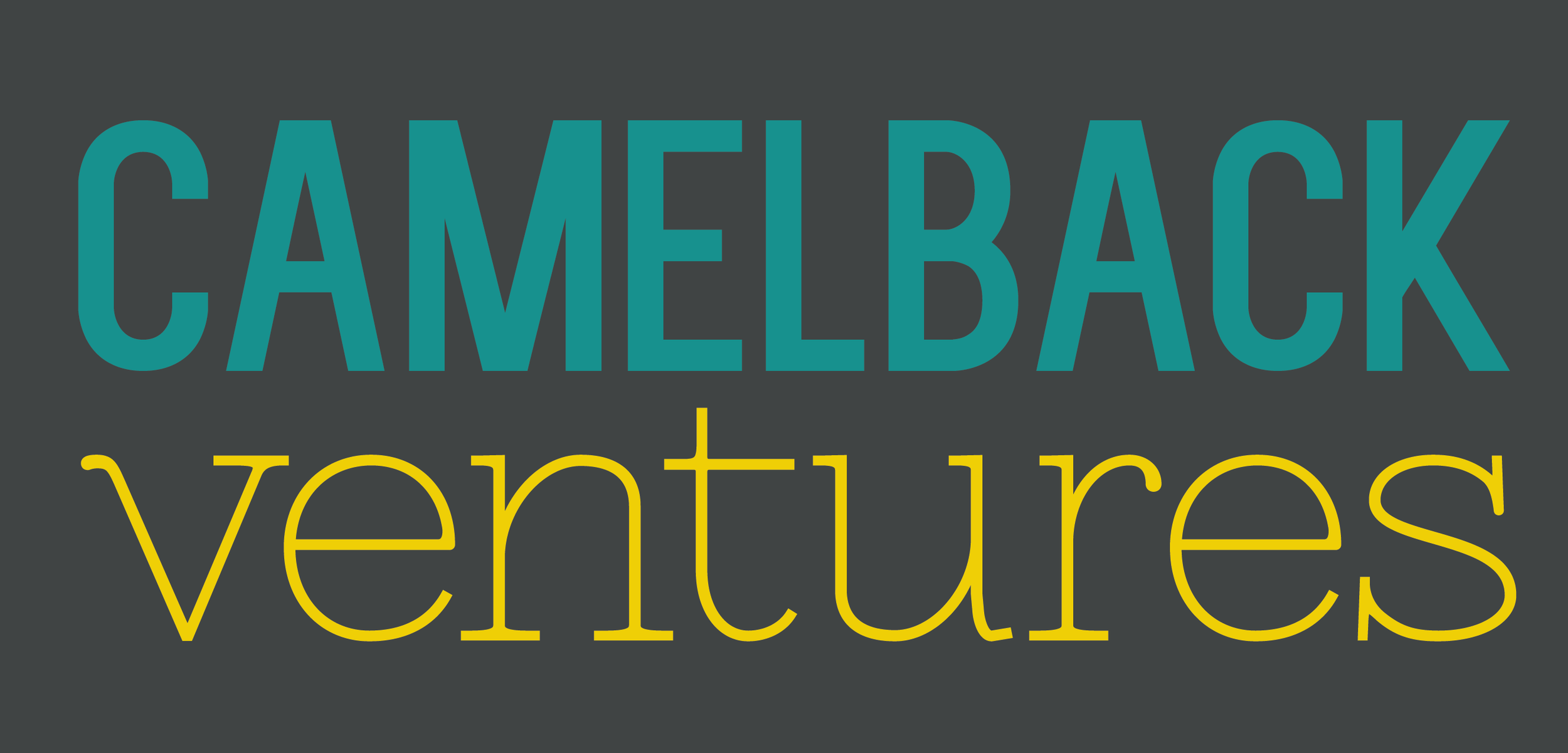Lean In ... To Diversity
This summer, while developing Camelback Ventures, I read Sheryl Sandberg’s, Lean In. In it, she tells the story of advocating for maternity parking at Google, thereby illustrating why diversity in social innovation is imperative.
Sheryl’s quest began one sweltering day when she was pregnant and upset that Google had no front-door maternity parking. Emboldened, Sheryl marches into the CEO’s office and explains the injustice. The two male co-founders—as though it never occurred to them—instantaneously made the change.
At that moment, Sheryl demonstrates that diversity is most important not because it is the safe thing to do, or the politic choice, the popular option, or the right thing to do. Instead, she shows it is a necessary ingredient for change. Diversity is important because it elevates the voices of those for whom the problem is lived and real. (Sheryl had a perspective her male CEOs did and could not.) Diversity is important because it brings out the creatively maladjusted—people who are so sick and tired of the status quo that they present new solutions. (Sheryl was fed up and devised an answer). And diversity it is important because it doubles down on the sense of urgency. (For Sheryl, waiting was not an option).
In a nation where the poor and racial minorities are too familiar with “living in the backyard” of things no one wants in their own backyard—underperforming schools; unhealthy, overpriced options amid a food desert; unsafe streets; and underemployed workers—it is urgent that we engage diverse communities in social innovation. For our community and others, the problem is real. Whether at the barbershop or Sunday brunch, we talk about new solutions, the need for change and how soon isn’t soon enough.
With this understanding, Camelback Ventures seeks to change the face of entrepreneurship and social innovation. Like Sheryl, we believe our nation will only end societal disparities when there is more diversity at the decision-making table.
We lead a fellowship program for early-stage social innovators from all walks of life. While we know social entrepreneurs are Harvard grads, TFA alums, and recovering corporate grinders, the history of social innovation also tells us they are also HBCU grads, AME parishioners, and ex-offenders. So these are the kinds of places we’ll look. During the fellowship, our aim is to give social ventures the tools to achieve proof-of-concept, which is often the threshold for seed stage fellowships and funding opportunities. To do this, we coach social entrepreneurs; we connect them to talent and resources; and help them capitalize their innovations via a matching-grant and in-kind prizes.
Our ultimate vision is to create a world—in one generation—where every child receives a great education in a livable community. Join us by recommending a social entrepreneur, volunteering your talents or donating to our $25K in 25 days campaign starting October 28.
[Thanks to Friends of Ebonie for cross-posting.]

